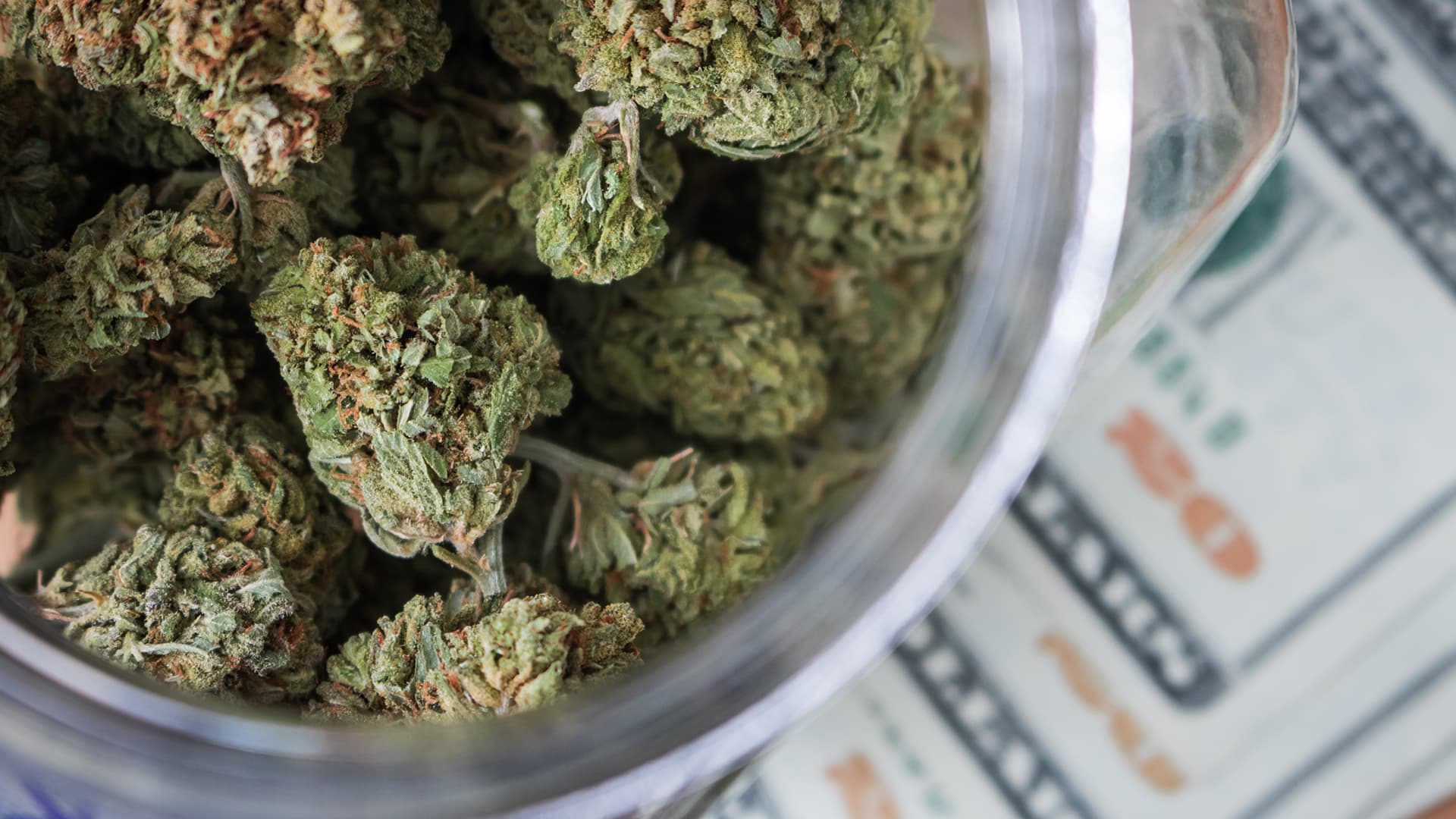IRS Guidance Signals Potential Shift in Federal Approach to Cannabis Industry Cash Transactions
NEW YORK- In a move that may herald a more accommodating stance by federal agencies towards the burgeoning cannabis industry, the Internal Revenue Service (IRS) recently issued a memo that could significantly alter the financial landscape for cannabis entrepreneurs. Addressing the longstanding issue of cash transactions within the sector, the guidance suggests that not all large cash movements should be automatically deemed ‘suspicious,’ potentially easing a major operational hurdle for businesses.
Published first by Marijuana Moment, the memo focuses on the application of Form 8300, which is required for reporting cash payments over $10,000. The directive clarifies that cannabis businesses conducting transactions in compliance with state laws are not necessarily engaging in suspect activities by their cash handling practices alone. This marks a notable departure from previous interpretations that could link such transactions directly to illegal activities due to the plant’s federal prohibition status.
Key Insights from the IRS Memo
The guidance delineates how cannabis companies should navigate the complexities of cash transactions without unnecessarily triggering federal scrutiny. It specifically addresses the use of Form 8300 and aims to dispel the notion that compliance with this requirement equates to an admission of suspicious activity. This approach not only simplifies tax compliance for lawful cannabis operators but also strives to integrate them further into the financial system.
The memo provides detailed scenarios designed to aid cannabis businesses in understanding their obligations under the law, highlighting a nuanced approach to different operational structures within the industry. For instance, it illustrates how transactions between entities such as manufacturers and distributors, each with separate legal identities, should be handled according to federal tax guidelines.
Broader Implications for the Cannabis Industry
The IRS’s updated guidance could have significant implications for the legal cannabis industry, which has historically been marginalized by the federal financial system. By differentiating lawful, state-regulated cannabis transactions from inherently suspicious activities, the IRS is offering a lifeline to businesses that have been largely relegated to dealing in cash due to banking restrictions.
This development, however, stops short of resolving all financial challenges faced by the cannabis sector. The broader issues of banking access and the comprehensive integration of cannabis businesses into the national economy remain pressing concerns. Yet, the memo represents a positive step towards recognizing the legitimacy of the cannabis industry and addressing some of the practical difficulties it encounters.
Congressional and Industry Reaction
The IRS’s initiative has been met with praise from key figures within the cannabis reform movement, including Rep. Earl Blumenauer (D-OR), co-chair of the Congressional Cannabis Caucus. Blumenauer lauded the IRS for taking a “common-sense step forward” in its treatment of state-legal cannabis businesses, reflecting a broader call for federal agencies to adapt to the changing legal and social landscape surrounding cannabis.
While the full impact of the IRS’s guidance on cash transactions remains to be seen, it signals a potentially more progressive federal approach to the cannabis industry. As state-legal markets continue to expand and mature, such adjustments in federal policy are crucial for fostering a stable, transparent, and fair economic environment for cannabis entrepreneurs. This memo is a testament to the evolving relationship between the federal government and the cannabis industry, hinting at a future where these entities can coexist more harmoniously.


































